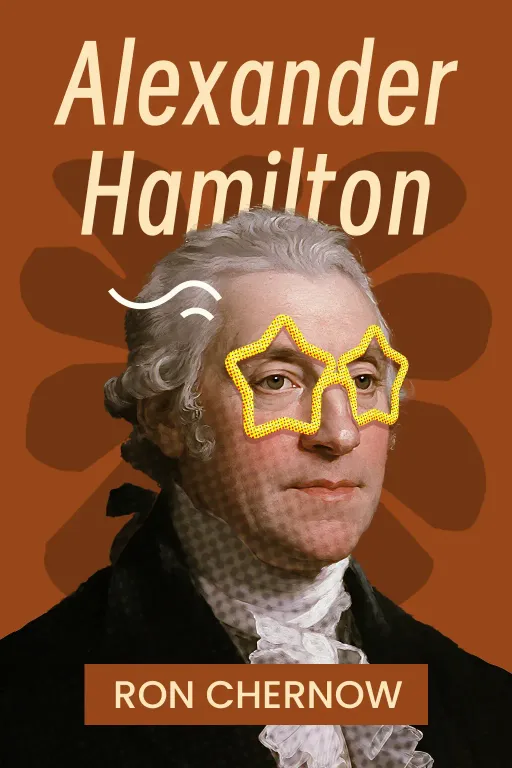
Alexander Hamilton
Ron Chernow
A detailed and compelling biography of Alexander Hamilton, one of America's most influential founding fathers. From his humble beginnings to his pivotal role in shaping the nation's financial and political systems, this book explores the life, achievements, and controversies of a remarkable man whose legacy continues to resonate today.
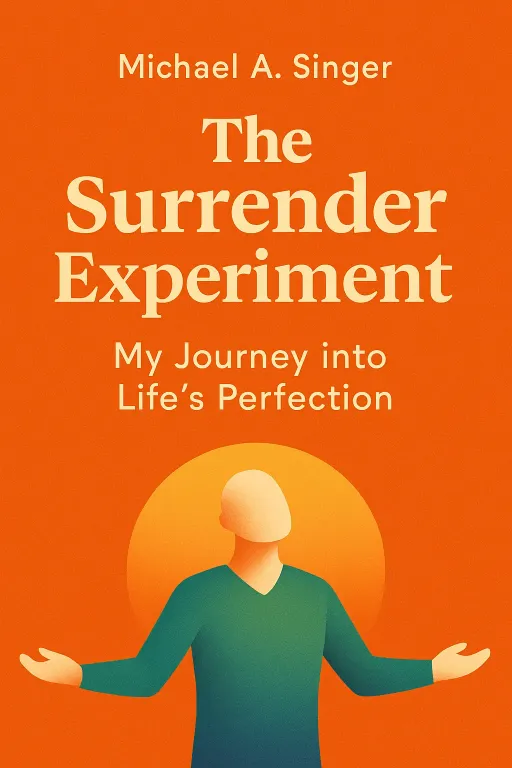
The Surrender Experiment
Michael A. Singer
Embark on a transformative journey with Michael A. Singer as he recounts his radical experiment in surrendering to life's flow. From a secluded existence in the woods to leading a thriving yoga community and a public corporation, discover how letting go can lead to unexpected and profound spiritual freedom. A captivating exploration of trust, non-resistance, and the astonishing power of aligning with the universe.
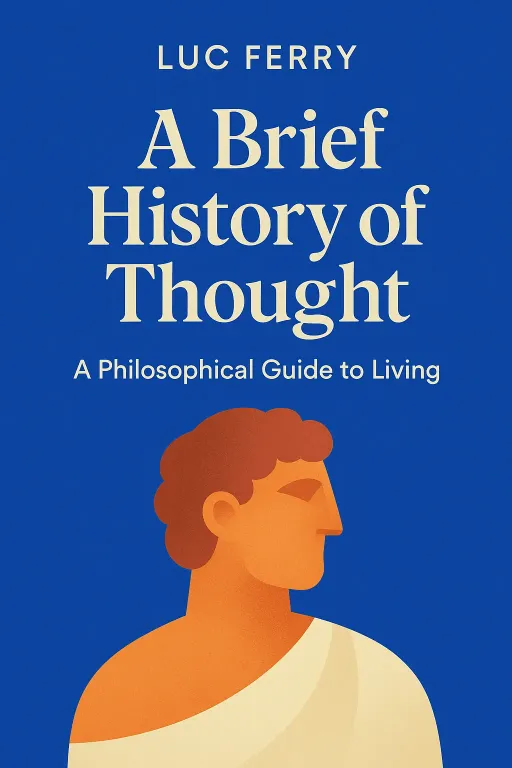
A Brief History of Thought
Luc Ferry
A concise and accessible introduction to the history of philosophy, exploring key thinkers and ideas from ancient Greece to contemporary thought. This book offers a philosophical guide to living, helping readers understand the world and their place in it.
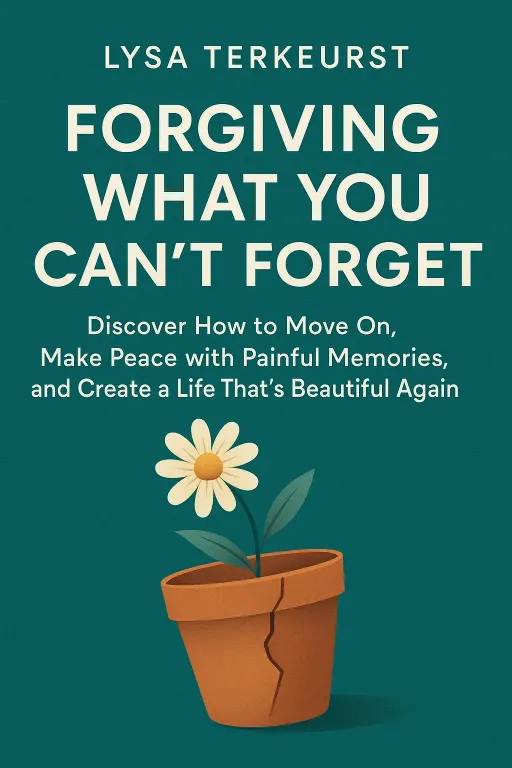
Forgiving What You Can't Forget
Lysa TerKeurst
Discover how to move on, make peace with painful memories, and create a life that’s beautiful again. This book offers new ways to process your pain, understand the reasons we resist forgiveness, and take away the power from those who hurt us. It is a journey where you’ll discover new ways, healthy and helpful ways, to process your pain.
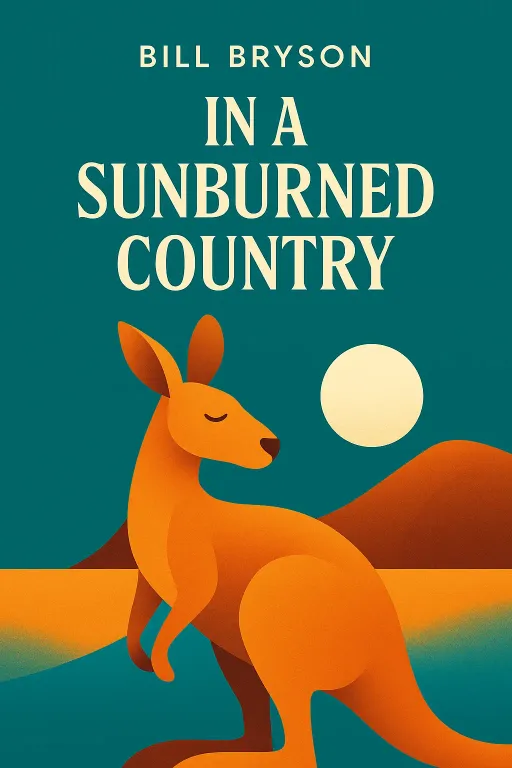
In a Sunburned Country
Bill Bryson
Join Bill Bryson on a hilarious and insightful journey through the vast and fascinating land of Australia. From its quirky wildlife to its unique culture and stunning landscapes, Bryson's wit and keen observations bring the Land Down Under to life.
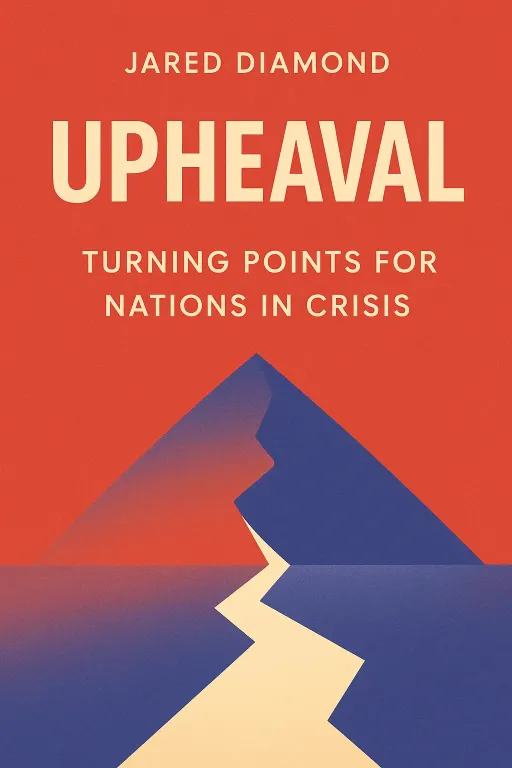
Upheaval
Jared Diamond
From the Pulitzer Prize-winning author of Guns, Germs, and Steel, a brilliant analysis of how countries cope with crises, and an explanation of what we can learn from their experiences. Diamond examines how nations survive crises, drawing insights from seven countries facing pivotal challenges. A compelling and insightful exploration of national resilience and adaptation.

All In
Billie Jean King
In this candid autobiography, tennis legend Billie Jean King recounts her groundbreaking career, her fight for gender equality in sports, and her personal journey of self-discovery. From her early days playing on public courts to her historic Battle of the Sexes match, King's story is one of determination, activism, and triumph over adversity. Discover how she became a champion on and off the court, inspiring generations to fight for a more just and equitable world.

White Fragility
Robin DiAngelo
An examination of the system of white-body supremacy, which binds us all as Americans. Robin DiAngelo explicates the underlying Western ideologies of individualism and presumed objectivity that tighten those bonds. But she doesn’t just analyze this system. With authenticity and clarity, she provides the antidote to white fragility and a road map for developing white racial stamina and humility. White Fragility loosens the bonds of white supremacy and binds us back together as human beings.